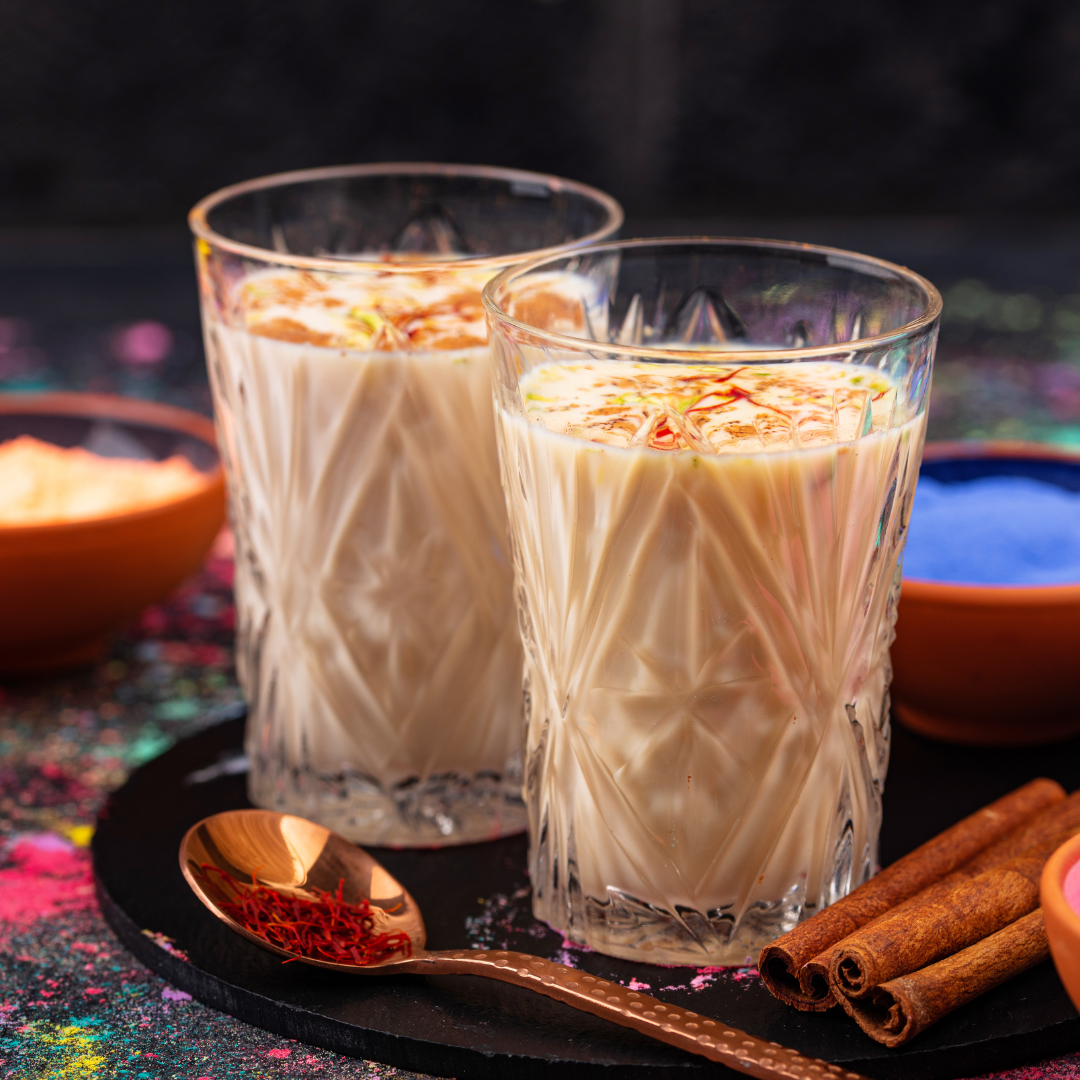
🌾 Malt vs Health Drinks: What Are You Really Drinking?
Share
Breaking Down the Myths Around Popular Health Beverages
Walk into any supermarket, and you’ll see shelves lined with so-called "health drinks" — colorful boxes promising stronger bones, better immunity, faster growth, and sharper minds. But behind the glossy packaging and celebrity endorsements lies a big question:
Are these drinks really healthy?
Or are they just cleverly marketed sugar bombs?
At Diwa, we believe it’s time to rethink what goes into your glass — and into your body. Here's how traditional malt stacks up against most commercial health drinks.
🍬 1. Let’s Talk Sugar (and Hidden Sweeteners)
Most health drinks contain:
-
Refined sugar or high-fructose corn syrup
-
Maltodextrin (a highly processed carb)
-
Artificial sweeteners like sucralose or aspartame
Even when labeled “no added sugar,” many still contain sugar by other names — and in high amounts. Over time, regular consumption can lead to weight gain, poor metabolism, and blood sugar imbalances, especially in children.
Millet malt?
Naturally energizing and made without refined sugar. At Diwa, our millet malt contains only what’s needed — real grains, sprouted pulses, and natural flavor from ingredients like cardamom or dry ginger.
🌾 2. What’s Really Inside?
Typical health drinks:
-
Artificial flavours and colors
-
Synthetic vitamins
-
Preservatives and thickeners
Sure, they may be “fortified,” but with synthetic nutrients that don’t absorb as well as real, food-based ones.
Traditional malt-based drinks like ours:
-
Sprouted ragi, jowar, bajra
-
Dry-roasted pulses for protein
-
Natural calcium, iron, and fiber
-
Dry fruits and spices (like cardamom, nutmeg, or ginger)
No hidden chemicals. No shortcuts. Just natural, bioavailable nutrition.
🧠 3. Nutrients You Can Actually Use
The problem with synthetic nutrition:
Your body can’t always absorb added vitamins the same way it does nutrients from whole foods.
Millet malt, especially when sprouted, enhances nutrient availability. Sprouting improves digestion and increases absorption of minerals like calcium, magnesium, and iron — naturally.
So you're not just adding bulk to your drink, you’re giving your body what it can actually use.
🧓👶 4. Safe for All Ages
Diwa’s Millet Malt is safe for:
-
Children above 1 year (mild, easily digestible, and full of calcium)
-
Pregnant women (natural iron and protein)
-
Elders (light on the gut, energizing without heaviness)
-
Anyone switching to clean eating
Commercial drinks, on the other hand, often contain caffeine, processed dairy solids, or thickeners — which may not suit everyone.
⏱️ 5. Convenience Without Compromise
The reason most people go for commercial drinks? Convenience.
But here’s the good news: Millet malt is just as easy. Add a spoonful to hot milk or water, stir, and your wholesome drink is ready in minutes.
No blender. No boiling. No guilt.
✅ Summary: Choose Smart. Drink Clean.
| Commercial Health Drinks | Diwa Millet Malt | |
|---|---|---|
| Sweeteners | Refined sugar, maltodextrin | None or jaggery (optional) |
| Ingredients | Synthetic, processed | Natural, sprouted grains |
| Nutrition | Fortified, synthetic | Bioavailable, food-based |
| Suitability | Not ideal for all ages | Safe for all |
| Additives | Colors, flavors, preservatives | None |
💬 Final Thoughts
If your goal is real health — not marketing hype — it's time to take a second look at what's in your cup. Your body doesn’t need artificial boosters. It needs clean, time-tested nutrition from ingredients it understands.
Millet Malt isn’t just a drink — it’s a return to food that’s simple, smart, and made with intention.
👉 Make the switch today with Diwa’s Millet Malt.
Because your health deserves more than hollow promises.
